Ecosystems
Articles on ecosystems
-
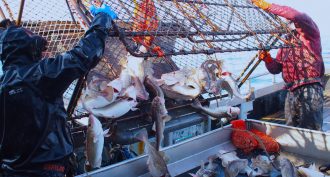 Environment
EnvironmentHumans are ‘superpredators’
A new study compares the hunting habits of wild animals and humans. People, it turns out, are unlike any other predator on Earth.
By Susan Milius -
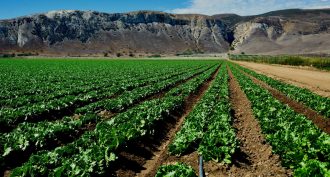 Agriculture
Agriculture‘Wildlife-free’ farms don’t make salads safer
Scientists find that removing wildlife from farms did not make raw vegetables safer to eat.
-
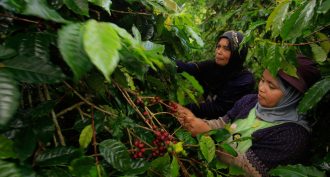 Agriculture
AgricultureMade in the shade
Agroforestry combines woody plants and agriculture. Growing trees alongside crops and livestock benefits wildlife, environment, climate — and farmers.
-
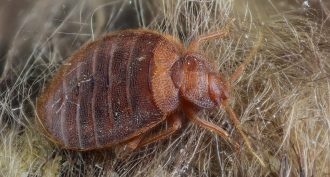 Animals
AnimalsReturn of the bed bug
Bed bugs have staged a comeback over the past 15 years. The bloodsucking parasites succeeded through a combination of evolution and luck.
By Brooke Borel -
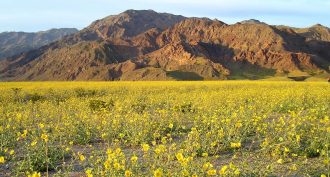 Plants
PlantsDesert plants: The ultimate survivors
Creosote, mesquite and other desert plants rely on different adaptations to thrive, even when no rain falls for an entire year.
-
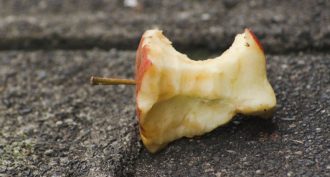 Animals
AnimalsTiny — but mighty — food-cleanup crews
Discarded food wastes can turn city spaces into food courts for disease-carrying rats and pigeons. But a new study shows tiny cleanup crews — especially pavement ants — are doing their best to eliminate such wastes. This, in turn, makes cities less attractive to bigger pests.
-
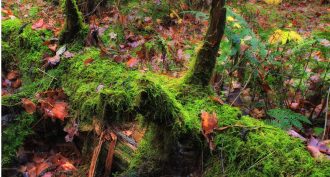 Microbes
MicrobesRecycling the dead
When things die, nature breaks them down through a process we know as rot. Without it, none of us would be here. Now, scientists are trying to better understand it so that they can use rot — preserving its role in feeding all living things.
-
 Environment
EnvironmentNative ‘snot’
The ‘rock snot’ choking rivers may be native algae. Experts blame its sudden and dramatic emergence on changes in Earth’s atmosphere, soils and climate.
-
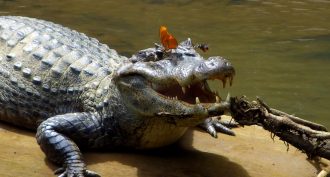 Animals
AnimalsThese insects thirst for tears
In some parts of the world, insects will drop by for a savory beverage. Interestingly, neither a croc — nor a scientist who offered his eyes up to ‘tear-sipping’ bees — seemed bothered much by the freeloaders.
By Janet Raloff -
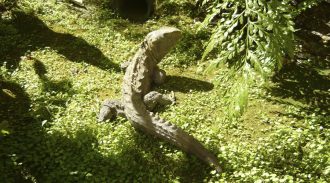 Animals
AnimalsExplainer: How invasive species ratted out the tuatara
The introduction of rats to New Zealand led to huge population losses of the ancient tuatara. These uncommon reptiles vanished from the mainland. This left isolated populations to survive on several dozen isolated islands.
-
 Microbes
MicrobesMystery microbes of the sea
Biologists find archaea a true curiosity. They make up one of life’s three main branches. The two better known branches are bacteria and eukaryotes (u KARE ee oatz). That last branch includes animals, plants and fungi. But archaea have remained mysterious. Very little is known about them. In fact, their unique status wasn’t even recognized until relatively recently, in 1977.
By Douglas Fox -
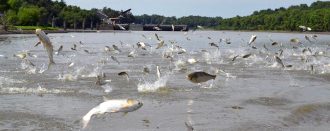 Animals
AnimalsAlien carp leap onto the scene
Last summer, Alison Coulter got a big surprise as she piloted a boat along the Wabash River in Indiana. Startled by her boat’s motor, a 60-centimeter (24-inch) carp leaped out of the river. In some cases, jumping Asian carp have broken a boater’s nose, jaw or arm.
By Roberta Kwok